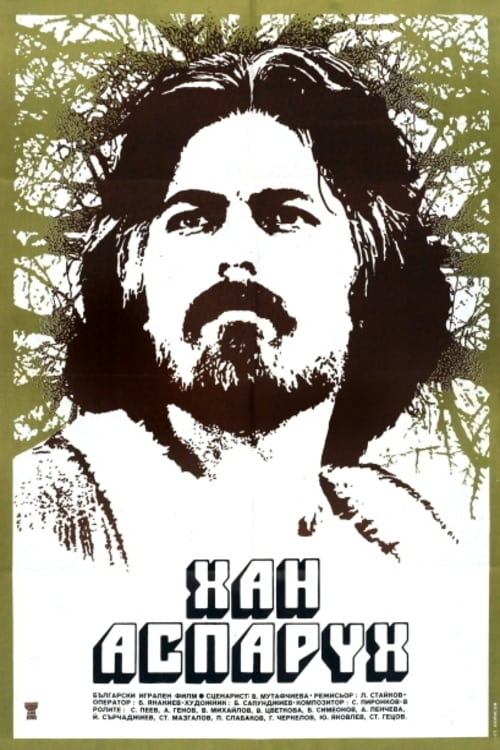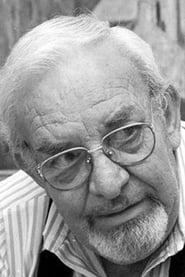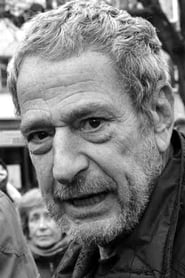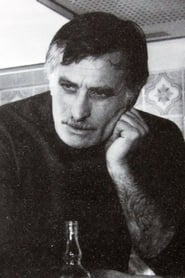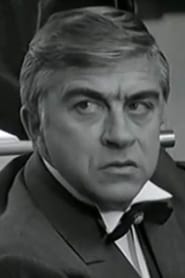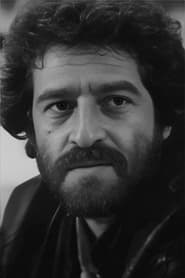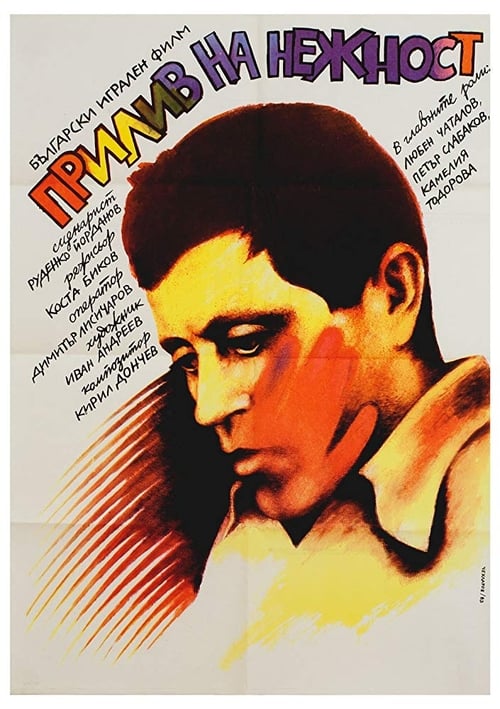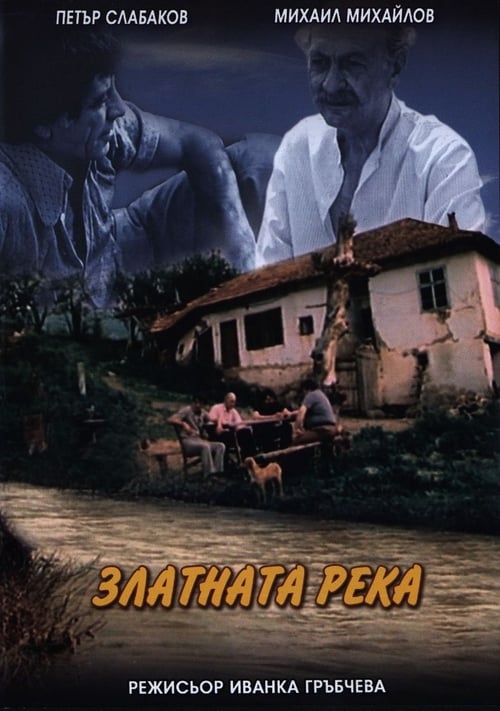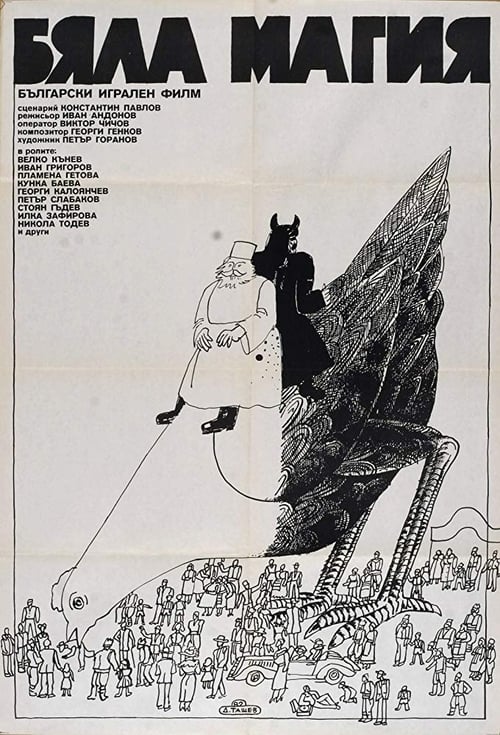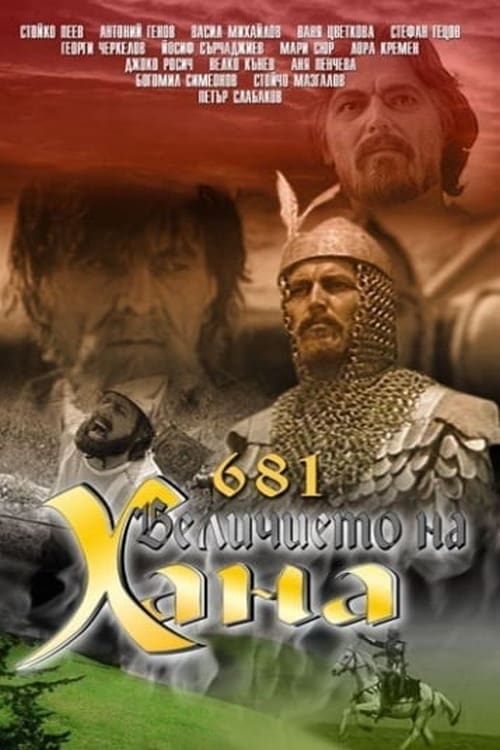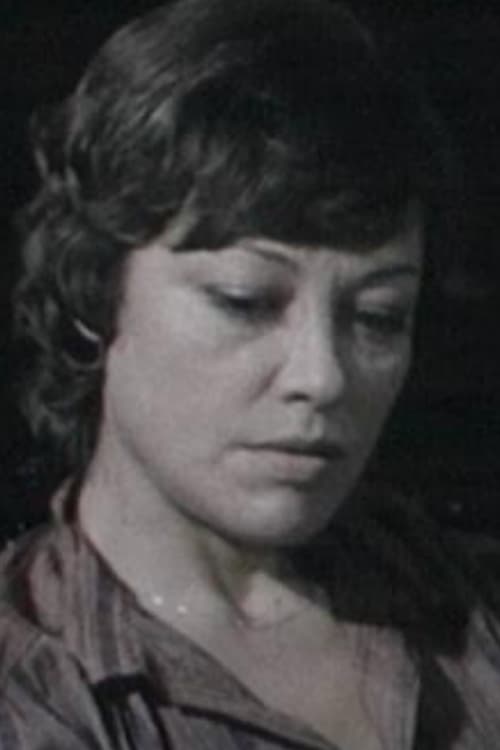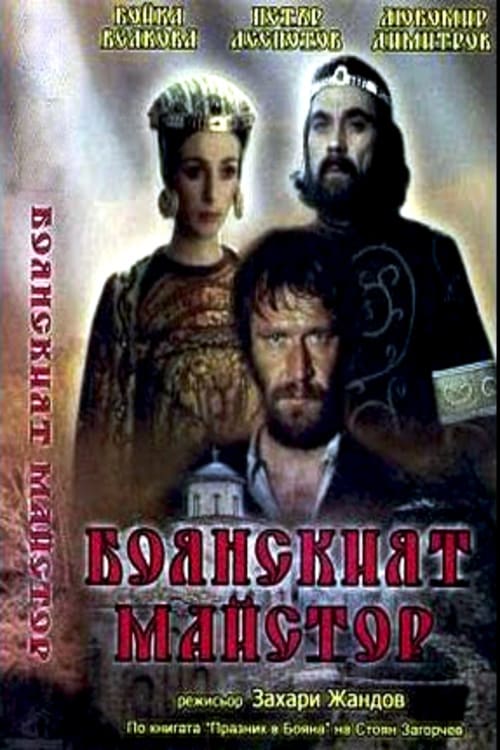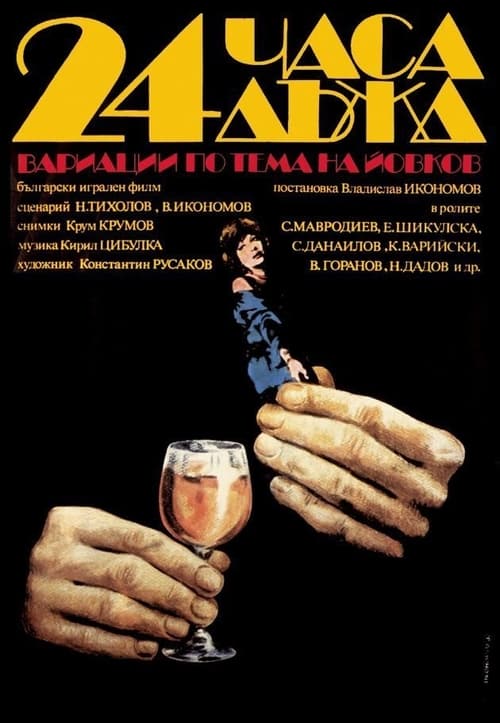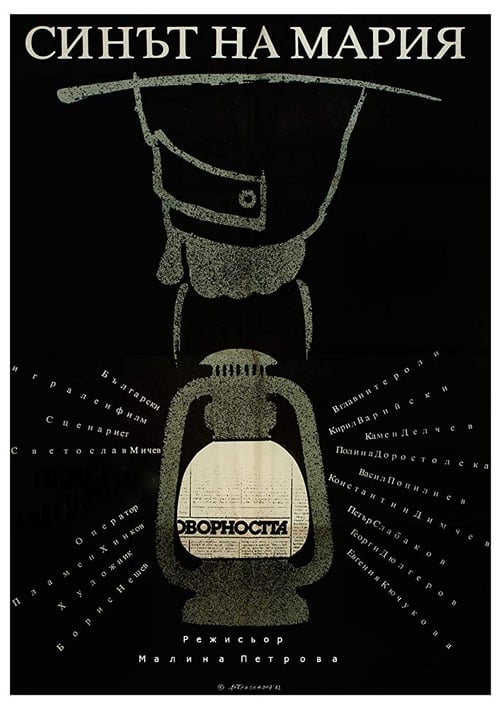
Ask Your Own Question
What is the plot?
The film opens in the vast steppes of Volga Bulgaria shortly after the death of Khan Kubrat, a revered and powerful ruler who has united the proto-Bulgarian tribes. His final testament is solemn and heavy with fate: his sons must scatter to find new lands, for the Khazars, a fierce and relentless enemy, threaten to destroy their people. The camera lingers on the rugged faces of Kubrat's sons as they hear their father's words, the weight of their destiny settling upon them. Among them is the youngest, Asparukh, whose determined eyes reveal a leader forged by hardship and vision. The film's narrative voice belongs to Belisarius, a captured Byzantine chronicler, whose perspective as an outsider-turned-witness adds a layer of gravitas and reflection to the unfolding saga.
For twenty years, Asparukh leads his people through a relentless odyssey across the Eurasian steppes. The journey is brutal and unyielding: harsh winters, scarce food, and constant skirmishes with hostile tribes test the resolve of his followers. The film portrays these scenes with sweeping panoramas of endless grasslands, the flickering flames of campfires under star-studded skies, and the weary but unbroken faces of the Bulgarians. Asparukh's leadership is marked by stoic determination and moments of intimate counsel with his closest warriors. In one poignant scene, he addresses his people by a riverside, saying, "We seek not just survival, but a land forever -- a home where our children will no longer fear the sword."
Throughout the journey, Belisarius observes and records, his initial disdain for the "barbarian" tribes giving way to respect as he witnesses their courage and unity. The chronicler's narration reveals the cultural richness of the Bulgarians--their rituals, their songs, and their fierce loyalty to their Khan. The film contrasts this with the political decay and intrigue of the Byzantine Empire, whose soldiers and diplomats view the migrating Bulgarians as a dangerous threat.
Asparukh's brothers split off to lead their own tribes, but the film keeps its focus tightly on Asparukh and his quest. The narrative tension builds as the Bulgarians approach the mouth of the Danube River, a strategic and fertile region controlled by the Byzantine Empire. The Byzantines, led by General Constantine, prepare to defend their borders. The film captures the palpable tension in the Byzantine camps: soldiers sharpening their swords, commanders debating strategy, and spies reporting on the Bulgarians' movements.
The first major confrontation occurs when Asparukh's scouts clash with Byzantine patrols along the Danube's marshy banks. The battle is fierce and chaotic, with arrows darkening the sky and swords clashing in muddy waters. The film does not shy away from the brutality--warriors fall, their faces frozen in moments of shock and valor. One notable death is that of a trusted Bulgarian warrior, Dulo, who sacrifices himself to save Asparukh during a surprise ambush by Byzantine cavalry. His last words, "For the land forever," echo as Asparukh carries on, grief-stricken but resolute.
Asparukh's forces then engage in a series of skirmishes and strategic maneuvers to secure a foothold south of the Danube. The film portrays these battles with a visceral intensity--horses rearing, shields splintering, and commanders shouting orders over the din of war. The Byzantines suffer heavy losses, and General Constantine's frustration mounts. In a tense council scene, Constantine declares, "These barbarians will not claim our lands while I draw breath." Yet, Asparukh's cunning and the unity of his people gradually turn the tide.
Amidst the conflict, the film reveals a significant political twist: some local Slavic tribes, discontented with Byzantine rule, secretly ally with Asparukh. This alliance is brokered in a shadowy nighttime meeting, where Asparukh speaks with the Slavic chieftain, Radomir. Their dialogue is terse but charged with mutual respect. Radomir says, "The Byzantines see us as subjects, but we will stand with those who offer freedom." This alliance strengthens Asparukh's position, enabling a decisive campaign against the Byzantines.
The climax unfolds in a grand battle near the Danube's delta, where Asparukh's combined forces confront the Byzantine army. The film's cinematography captures the scale and chaos of the engagement: swirling dust clouds, clashing steel, and the cries of warriors echoing across the battlefield. Asparukh fights at the forefront, his presence inspiring his troops. The Byzantines are eventually overwhelmed; General Constantine is wounded and captured, marking a turning point in the conflict.
The film does not gloss over the cost of victory. Many Bulgarians fall, their deaths portrayed with solemnity and honor. Asparukh mourns each loss but remains steadfast. In a quiet moment after the battle, he stands overlooking the Danube, the dawn breaking behind him, and declares, "Here, at last, is our land forever."
The final scenes show Asparukh beginning the foundations of the new Bulgarian state. The camera pans over the Danube's fertile plains, where tents and wooden structures rise as symbols of a nascent nation. Belisarius, now deeply changed by his experiences, reflects on the historic significance of these events. His narration closes the film with a tone of hope and inevitability: "In this land, a people's destiny is born, and the echoes of their courage will resound through the ages."
Thus, the first part of the trilogy ends with Asparukh's triumph and the birth of the First Bulgarian Kingdom in 681 AD. The film leaves no ambiguity--Asparukh lives, his leadership unbroken; many warriors die in battle, including Dulo and numerous unnamed soldiers; General Constantine is captured, signaling the decline of Byzantine control in the region. The story is one of migration, struggle, alliance, and the relentless pursuit of a homeland, all vividly brought to life through epic battles, intimate moments of leadership, and the enduring spirit of a people seeking a land forever.
More Movies Like This
Browse All Movies →What is the ending?
In the ending of "Khan Asparukh - Part I - Phanagoria," the film culminates in a fierce battle between the Bulgars and the Byzantine forces. Khan Asparukh leads his people with determination, showcasing his leadership and strategic prowess. The film concludes with the Bulgars achieving a significant victory, solidifying their presence in the region. Asparukh's fate is intertwined with the future of his people, as he emerges as a unifying figure, while the Byzantine forces retreat, marking a pivotal moment in the establishment of the Bulgarian state.
As the final scenes unfold, the tension in the air is palpable. The camera captures the rugged landscape of Phanagoria, where the Bulgars have gathered, their faces a mix of resolve and anxiety. Khan Asparukh stands at the forefront, his expression a blend of fierce determination and the weight of responsibility. He rallies his warriors, reminding them of their shared heritage and the importance of their fight for survival against the Byzantine Empire.
The battle begins with a thunderous clash of swords and shields. The sound of metal striking metal echoes through the valley as the two forces collide. Asparukh, clad in traditional armor, fights valiantly, his movements fluid and purposeful. He is not just a leader; he is a symbol of hope for his people. The camera zooms in on his face, revealing the intensity of his emotions--fear, anger, and an unwavering commitment to his cause.
As the battle rages on, the film intercuts between the chaos of the fight and the faces of the Bulgars, each warrior driven by a personal motivation--some fight for their families, others for their homeland, and many for the legacy of their ancestors. The cinematography captures the brutality of war, with close-ups of the warriors' expressions, the sweat and blood mingling on their brows, and the cries of both triumph and despair.
In a pivotal moment, Asparukh confronts a Byzantine general, their duel a microcosm of the larger conflict. The tension builds as they exchange blows, each strike resonating with the stakes of their respective nations. Asparukh's resolve shines through as he ultimately overpowers the general, a moment that symbolizes the triumph of the Bulgars over their oppressors.
As the dust settles, the camera pans over the battlefield, revealing the aftermath of the conflict. The Bulgars stand victorious, their faces a mixture of relief and sorrow for the fallen. Asparukh, though triumphant, bears the weight of loss on his shoulders. He surveys the battlefield, his heart heavy with the knowledge that victory comes at a cost.
The film concludes with a poignant scene of Asparukh addressing his people. He speaks of unity, resilience, and the future they must build together. His words resonate deeply, instilling a sense of hope and purpose among the Bulgars. The final shot lingers on Asparukh's face, a leader forged in the fires of battle, ready to guide his people into a new era.
In the aftermath, the fates of the main characters are revealed. Khan Asparukh emerges as a legendary figure, his leadership solidifying the foundation of the Bulgarian state. The warriors who fought alongside him are celebrated as heroes, their sacrifices honored in the annals of history. The Byzantine forces, defeated and demoralized, retreat, marking a significant turning point in the power dynamics of the region. The film closes on a note of hope, emphasizing the strength of unity and the enduring spirit of the Bulgarian people.
Is there a post-credit scene?
The movie "Khan Asparukh - Part I - Phanagoria," produced in 1981, does not feature a post-credit scene. The film concludes its narrative without any additional scenes or content after the credits roll. The focus remains on the historical and dramatic events leading up to the establishment of the Bulgarian state under Khan Asparukh, emphasizing the struggles and triumphs of the characters throughout the film.
What motivates Khan Asparukh to lead his people to new lands?
Khan Asparukh is driven by a deep sense of duty to protect his people from external threats and to find a new homeland where they can thrive. His internal conflict is palpable as he grapples with the weight of leadership and the sacrifices required for the greater good.
How does the relationship between Khan Asparukh and his brother develop throughout the film?
The relationship between Khan Asparukh and his brother is complex, marked by loyalty and tension. Asparukh's determination to lead often clashes with his brother's more cautious approach, leading to emotional confrontations that reveal their differing visions for their people's future.
What role does the character of the wise elder play in guiding Khan Asparukh?
The wise elder serves as a mentor to Khan Asparukh, providing counsel and wisdom that help shape his decisions. This character embodies the traditions and values of their people, often reminding Asparukh of the importance of heritage and the responsibilities of leadership.
How does the film depict the challenges faced by Khan Asparukh's tribe during their journey?
The film vividly portrays the harsh realities of the tribe's journey, including treacherous landscapes, hostile encounters with rival tribes, and the struggle for resources. These challenges test the resilience and unity of Asparukh's people, highlighting their determination to survive and adapt.
What is the significance of the setting in Phanagoria for Khan Asparukh and his tribe?
Phanagoria is depicted as a land of both promise and peril, symbolizing the hope for a new beginning for Khan Asparukh's tribe. The lush landscapes contrast with the dangers they face, serving as a backdrop for the tribe's aspirations and the sacrifices they must make to secure their future.
Is this family friendly?
"Khan Asparukh - Part I - Phanagoria" is a historical drama that depicts the early days of the Bulgarian state and the life of Khan Asparukh. While the film is rich in cultural and historical context, it does contain some scenes that may be considered objectionable or upsetting for children or sensitive viewers.
-
Violence and Warfare: The film includes scenes of battles and skirmishes, showcasing the brutality of war. These moments may feature bloodshed and the depiction of injuries, which could be distressing for younger audiences.
-
Death and Loss: Characters experience loss and grief, which may evoke strong emotional responses. The portrayal of mourning and the impact of war on families can be heavy and poignant.
-
Conflict and Betrayal: Themes of betrayal and conflict among tribes and leaders are central to the narrative. The emotional weight of these themes may be challenging for sensitive viewers to process.
-
Cultural Tensions: The film explores the tensions between different tribes and cultures, which may include moments of hostility and aggression that could be unsettling.
Overall, while the film is a significant historical piece, its themes and scenes may require parental guidance for younger viewers or those who are particularly sensitive to violence and emotional distress.

